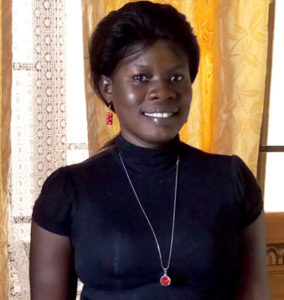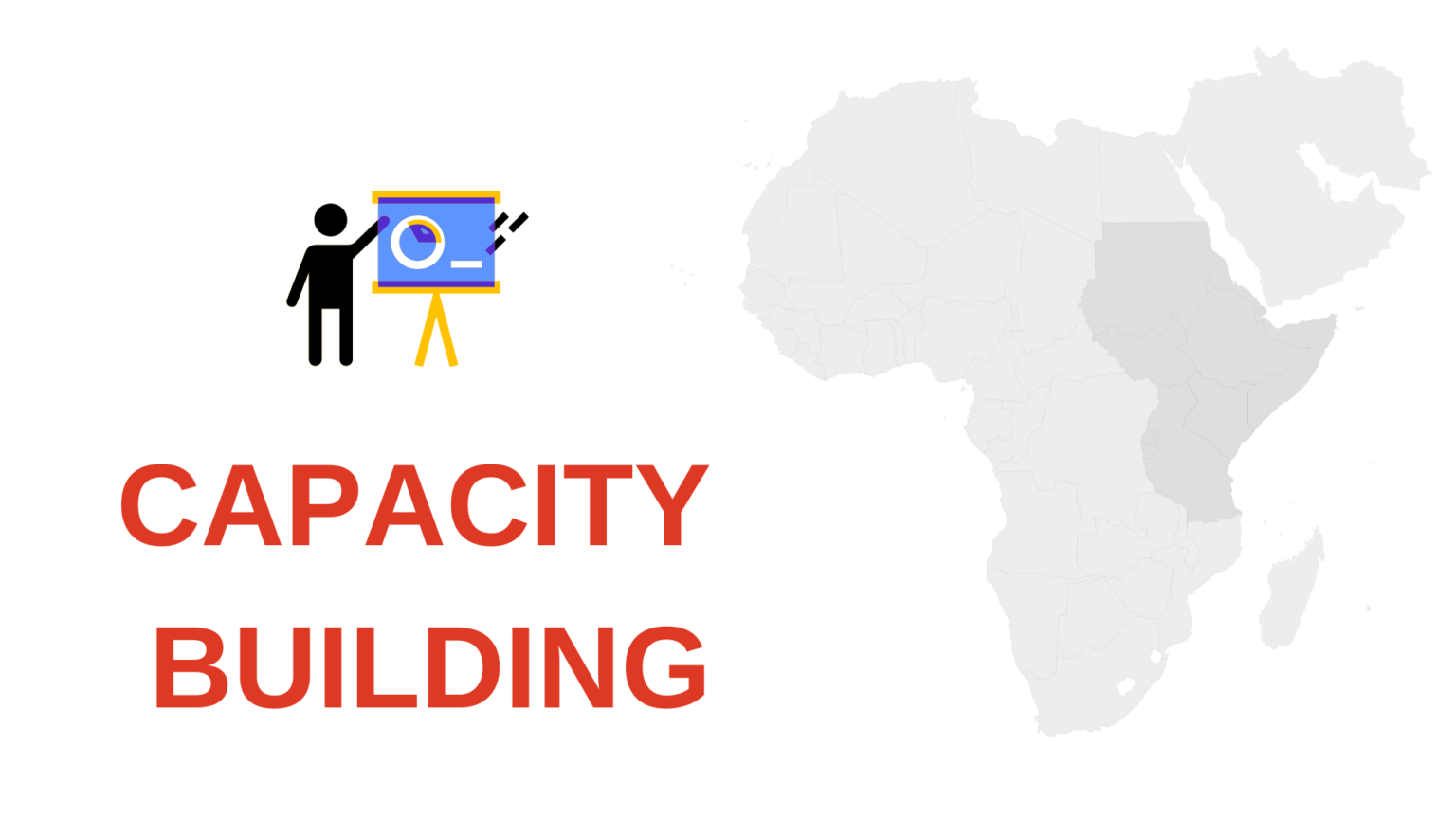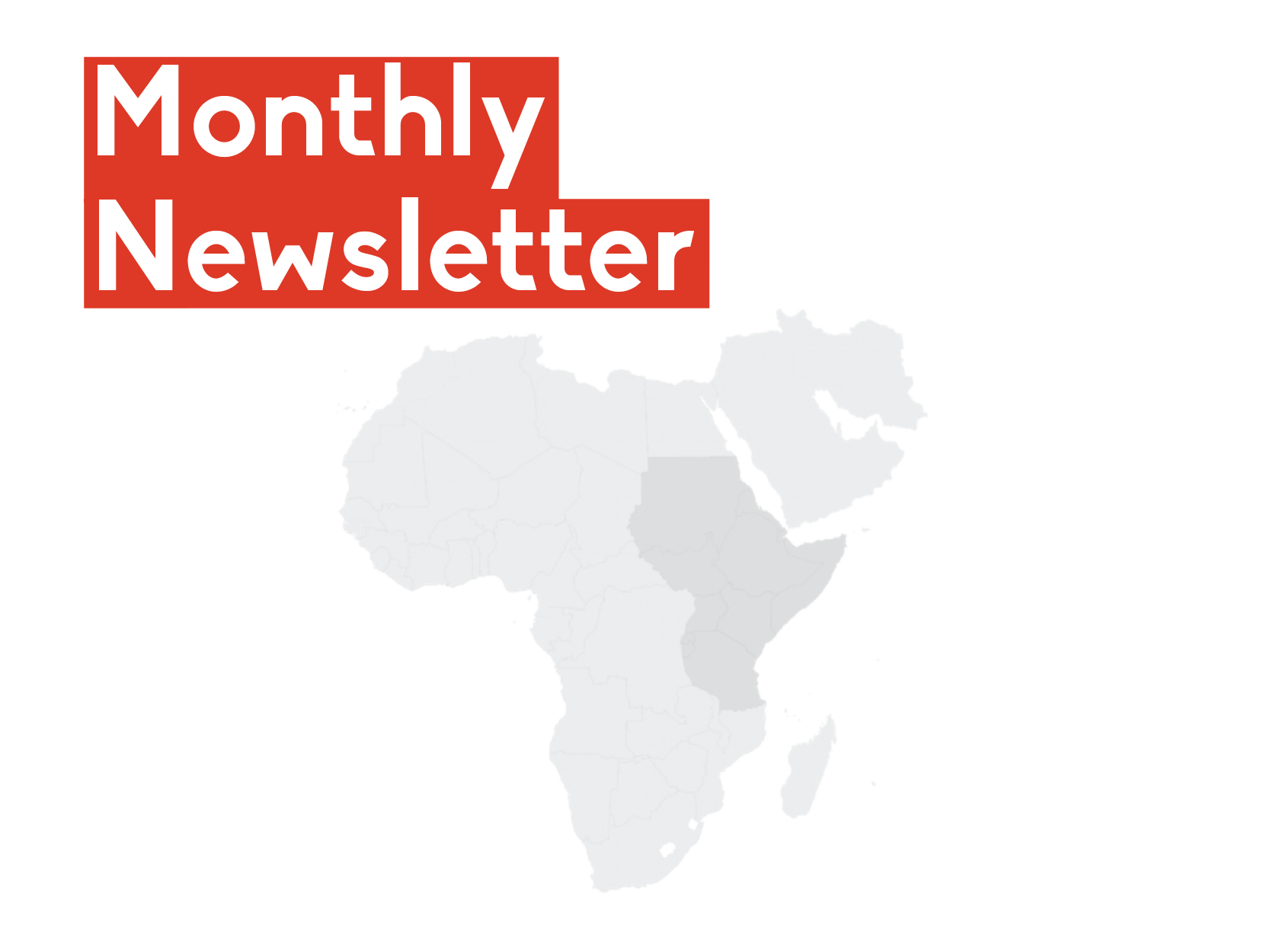Hello Friends,
November is usually one of the most active months for us at DefendDefenders and AfricanDefenders, as we try to winddown the year’s work to prepare for closure mid-December. Accordingly, in collaboration with the South Sudan Human Rights Defenders Network, we convened the 13th edition of Claiming Spaces in Juba, South Sudan to celebrate international human rights day and enhance the knowledge and skill of South Sudanese human rights defenders (HRDs) , in physical, digital security and strategic advocacy.
South Sudan remains of critical interest, as it readies itself for general elections amidst persistent human rights violations and shrinking civic space. To further shine a torch on the country’s human rights situation, we used the opportunity to launch one of our year’s priority research works – Against All Odds, which highlights the vulnerable situation of the country’s women human rights defenders(WHRDs).
We retuned from South Sudan to convene for our annual staff retreat, our traditional opportunity to reflect on the year’s challenges, scores and misses, as we seek to prepare better for the year ahead. Despite the global challenges, I am glad to report that we were able to hit over 95% of our year’s targets, for which I appreciate my remarkable team, who are important HRDs in their own right.
In the latter half of the month, I joined the Southern Africa Human Rights Defenders Network(SouthernDefenders) and the Office of the High Commissioner for Human Rights Regional Office for Southern Africa (OHCHR ROSA) for the 6th annual Southern Africa Human Rights Defenders Summit in Windhoek, Namibia, where I applauded the pivotal role of the UN Declaration on Human Rights Defenders in establishing essential standards for protecting and legitimizing the crucial work of HRDs, as the Declaration marks 25 years of existence.
Back home, we continued to support HRDs – including exiled HRDs to stay #SafeButNotSilent. As such, we supported the SudanDefenders coalition to formalise its leadership structure, develop an internal policy framework, and adopt an action plan for 2024, as they pursue multi-faceted efforts to protect their colleagues trapped in the conflict back in Khartoum and other parts of Sudan, while undertaking advocacy to bring the war to an end and hold its protagonists accountable.
As the conflict continues to rage in Sudan with devastating consequences for its people, we will continue to support the heroic efforts of HRDs to stem the tide of the conflict and minimize rights violations.
I invite you to read more on our month’s work.
Hassan Shire
ExecutiveDirector, DefendDefenders and Chairperson, AfricanDefenders.
Human Rights Defender of the Month:Julia
Onyoti

The situation of South Sudan’s women and girls remains one of those enduring blights on the country’s conscience. The country retains the unenviable reputation of having the world’s highest maternal mortality rate, and at 51.5%, one of the highest cases of child marriages. It is even worse with gender-based violence(GBV): A 2019 study by UNICEF found that one in every two South Sudan women have experienced intimate partner violence, while a recent UN study, alarmed at the widespread nature of conflict-related sexual violence in the country, in which women are tread as “spoils of war” described it as “a hellish existence for women and girls.
It is this situation that makes the work of people like Julia Onyoti priceless.
Updates from DefendDefenders

From 14 -15 November, DefendDefenders conducted a digital and physical security clinic at Chapter Four’s Human Rights Convention organised Kampala’s Golf Course Hotel. A total of 10 HRDs (two female and 8 male) visited the clinic.
On 28 November, together with the Burundian HRD Coalition (CBDDH), DefendDefenders co-facilitated a Burundi HRDs-workshop as a follow up on the recommendations made to Burundi at the last UPR, which took place in May 2023. The workshop also sought to equip HRDs with tools to improve advocacy, and to learn more about the UPR process.
From 29 November – 2 December, DefendDefenders trained Indigenous HRDs and Journalists in Arusha, Tanzania. A total of 8 participants (two female, six male) benefited from this training.
From 30 October – 4 November, DefendDefenders undertook a risk assessment mission in Northern Uganda to assess the situation of environmental HRDs following President Museveni’s executive order in May banning the commercial production of charcoal. Seven HRDs (two female and five male) were interviewed. A similar mission was carried out for environmental HRDs in the Albertine region from 28th November – 2 December, in which a total of 22 HRDs (eight female, 14 male) from 10 human rights organisations were engaged.
From 1- 30 November, DefendDefenders received 104 requests for support from HRDs at risk. Out of the total requests received, 18 (17.30%) requests were approved – eight from Sudan, five from Uganda, three from Somali and one each from Ethiopia and Rwanda. Eight (7.70 %) requests were referred to various partner organisations, 64 (61.54 %) requests were rejected, while 14 (13.46 %) requests are still under verification.

On 9 November, states made their recommendations to the Universal Periodic Review (UPR) process of Djibouti, highlighting opportunities for improving the country’s civic space situation and the situation of HRDs. In April 2023, DefendDefenders submitted a report focusing on these issues.
Opportunities
Call for consultant: Request for proposals to develop a 5-year strategic plan for the Consortium For Human Rights And Media In Sub-Saharan Africa (CHARM)
Call for a consultant: Request for proposals to develop a 5-year Communications Strategy for the Consortium For Human Rights And Media In Sub-Saharan Africa (CHARM)
Country Updates:
Burundi
In a report published on 28 November, the Initiative for Human Rights in Burundi (IDHB) noted that dozens of people continue to be held in Burundian prisons in flagrant violation of Burundian law. The NGO documented 22 specific cases, with the names of the prisoners concerned, noting that many of them do not face clear charges and are victims of abusive and illegal imprisonment because they are suspected of being opponents of the government.
Burundi’s state prosecutor requested for a life sentence for former Prime Minister Alain Bunyoni, accused of plotting a coup and endangering the country’s internal security, charges that many human rights observers say are politically motivated. According to Carina Tertsakian of Burundi Human Rights Initiative, the arrest of the former Prime Minister was “the culmination of a personal rivalry between him and President Évariste Ndayishimiye,” and is aimed at eliminating a main rival from the political scene as President Ndayishimiye seeks to consolidate his hold on power.
Djibouti
Djibouti’s human rights situation came under review for the 4th time under the Universal Periodic Review (UPR) of the United Nations Human Rights Council (HRC), with the Horn of Africa country receiving 266 recommendations from over 100 countries. Most of the recommendations centered on how the country can improve its record on the right to freedom of expression and freedom of the press, as well as the right to freedom of peaceful assembly and association.
Eritrea
International reports have warned of a potential war between Eritrea and Ethiopia, over the latter’s Prime Minister Ahmed Abiy’s remarks that seemed to covet a sea port route in Eritrea. The sea route previously belonged to Ethiopia, but it lost it to Eritrea after the latter gained independence in 1991. The latest exchange of tough rhetoric between the two countries including Addis Ababa blaming Asmara for derailing the Pretoria peace agreement signed between Ethiopia and Tigray People’s Liberation Front(TPLF) have raised fears of re-emergence of a state of war between the two countries as had existed for decades before Abiy came to power, with the attendant humanitarian implications.
Ethiopia
As the conflict in Ethiopia’s Asmara region festers, human rights groups have warned of indiscriminate bombings of civilian infrastructure using drone, leading to needless loss of life. On 6 November, a drone allegedly launched by government forces struck a primary school in the Wadera district, killing seven people, including three teachers. Three days later, 13 people waiting to board a bus were killed in another drone strike on a bus station in Waber town. Rights groups have warned that under international human rights law, such attacks amount to arbitrary deprivation of life.
As Ethiopia marked one year since the signing of the cessation of hostilities agreement officially ending the two year conflict between federal forces and the TPLF, Human Rights Watch(HRW) has warned that fighting continues in other parts of the country, “with past violators repeating patterns of abuses without consequences.” Quoting other international humanitarian agencies like Physicians for Human Rights, HRC also notes that violations like sexual violence and pillage mostly at the hands of Eritrean troops have continued in Tigray, with victims left no room for redress as international attention to the conflict wanes.
Kenya
Kenya’s indigenous Ogiek community were subjected to new waves of pressure and evictions , accused of encroachment and deforestation in what is historically their traditional land. The Ogiek community have lived in and around the Mau Forest for centuries but have in recent years been pressed by Kenyan authorities to exit the forest as the government claims efforts to conserve it.
Kenya’s Human Rights Commission is investigating the death of a man whose body was found last month in a dam on a pineapple farm owned by food multinational Del Monte. It is the latest mysterious death around the fruit farm, following previous 146 such incidents involving 134 locals that are the subject of a human rights inquiry, following an indicting report by Britain’s The Guardian newspaper in June.
Sudan
The United Nations has once again sounded the alarm on Sudan’s terrible humanitarian crisis and human rights violations in the Darfur region, in which armed militia were said to be going house-to-house butchering people with no avenue for redress for victims. The latest reports come as the conflict in the country, which broke out in April this year enters its 8 month, during which it has claimed over 12000 people.
In early November, according to the UN refugee agency (UNHCR), around 800 people were killed in attacks in Ardamata in Sudan’s town of West Darfur . Local human rights observers who interviewed survivors on arrival in Chad estimate the death toll, mostly civilians, to be between 1,300 and 2,000. These massacres seem to be ethnically motivated (according to Human Rights Watch), and women and girls are the victims of additional atrocities, with numerous rapes and sexual assaults committed.
Uganda:
The Ugandan government is planning to introduce a new surveillance system that will allow real-time tracking of vehicles, posing a major risk of violations of the rights to privacy and to freedom of association, peaceful assembly and expression, according to Human Right Watch. While the authorities say it will build on the country’s existing traffic monitoring system, the new system will include a network of surveillance cameras and mandatory mobile phone tracking devices for all vehicles in the country.
Uganda’s Women HRDs affiliated to the National Coalition of Human Rights Defenders – Uganda (NCHRD-U) have called on Uganda’s Parliament to pass the Human Rights Defenders bill to protect particularly women HRDs, who they say continue to face threats and abuses by virtue of their gender and work. A draft human rights defender’s bill has been pending debate in the Parliament for years now, and HRDs say passing it into law would be a fitting gesture on the anniversary of 75 years of the UDHR and 25 years of the UN Declaration on HRDs.

